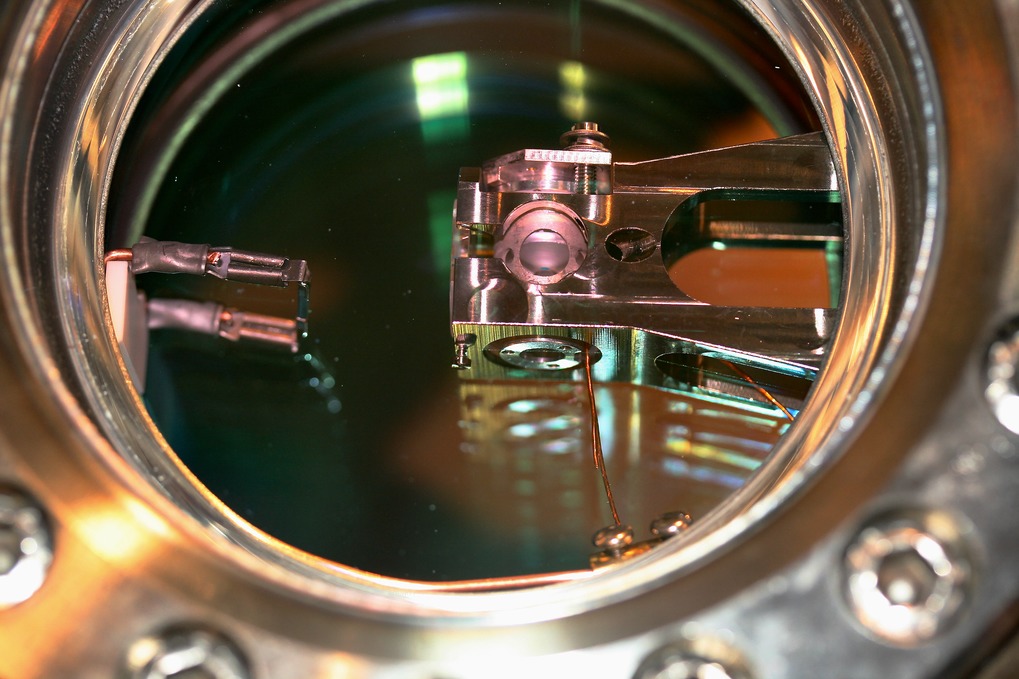
Elegant quantum teleportation with only one single photon
Scientists at MPQ succeed for the first time in teleporting quantum information encoded in an atomic qubit to a laboratory 60 meters away using just one single photon as a resource.

Scientists at MPQ succeed for the first time in teleporting quantum information encoded in an atomic qubit to a laboratory 60 meters away using just one single photon as a resource.
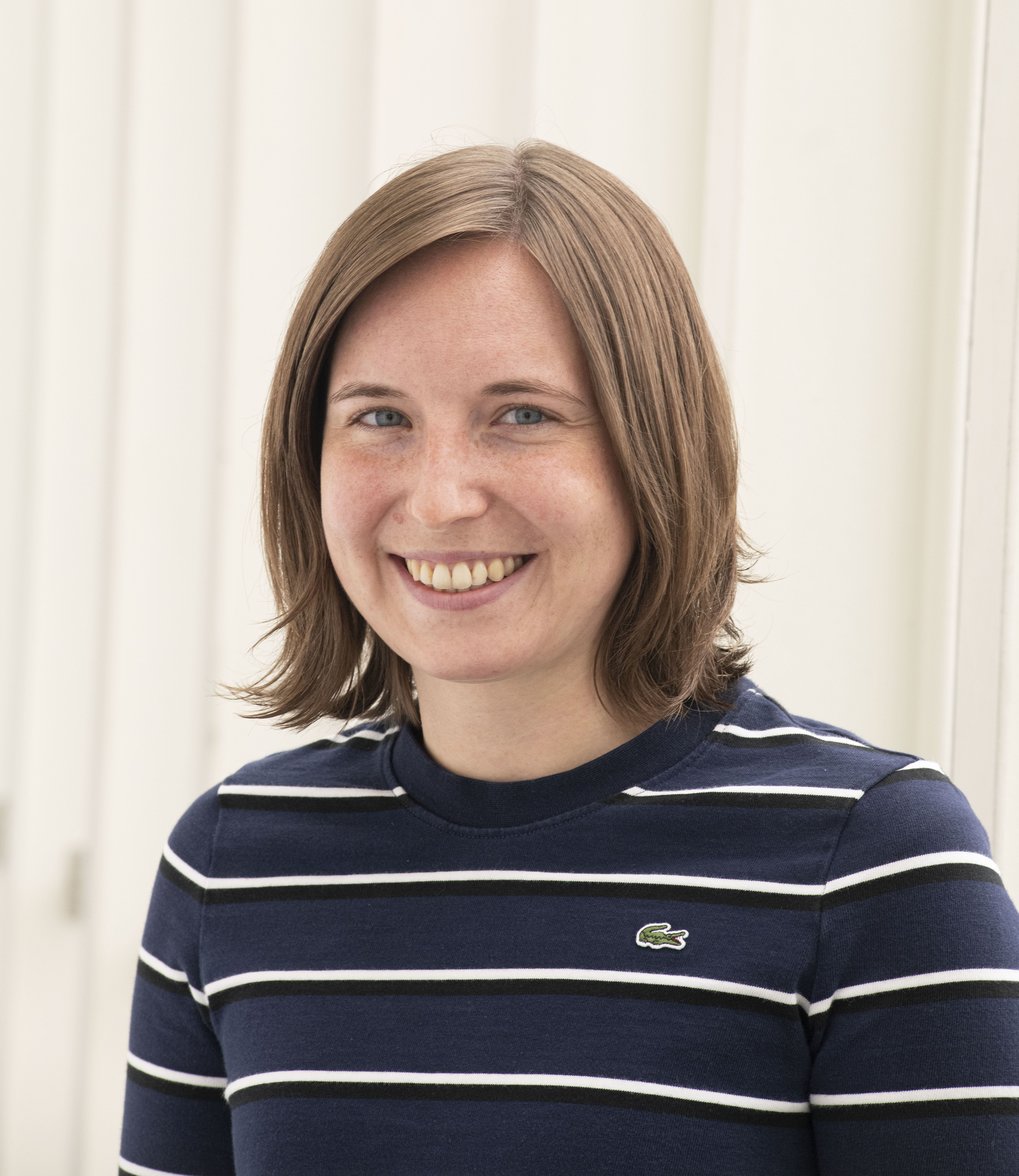
In the 26th calendar week and for a second time in 2021, yet another MPQ physicist has been named “female physicist of the week”: MPQ congratulates Nathalie Nagl, postdoctoral student in the Attosecond division.
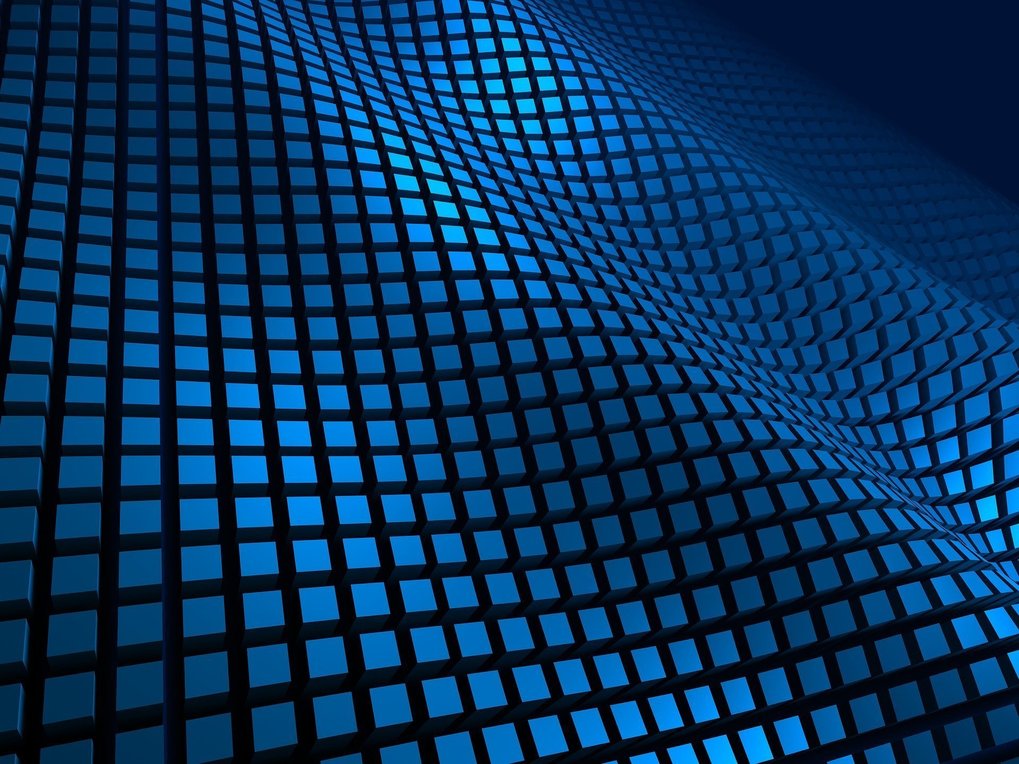
Esther Cruz (MPQ): Matchgate circuits refer to a class of quantum circuits that, like Clifford circuits, are classically simulable.
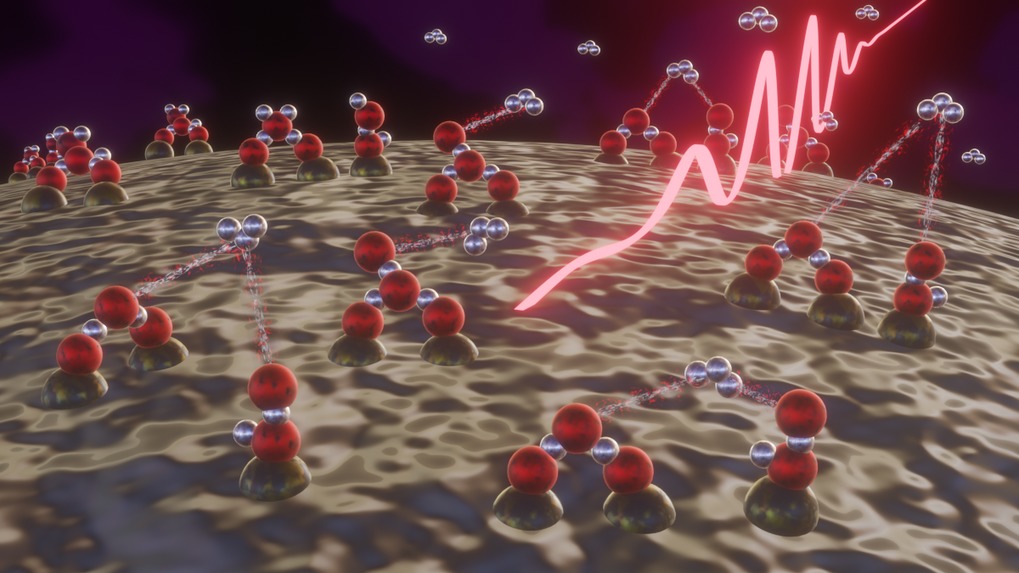
Using intense pulses of laser light, members of the attoworld team at the Max Planck Institute for Quantum Optics and the Ludwig-Maximilian University have synthesized trihydrogen ions from water molecules adsorbed onto nanoparticles.
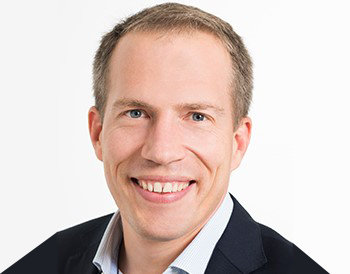
The award honours internationally renowned scientists from abroad and aims to foster the exchange between Germany and the country of the awardee. From 22 June 2021, Professor Philipp Walther will be a guest scientist at […]
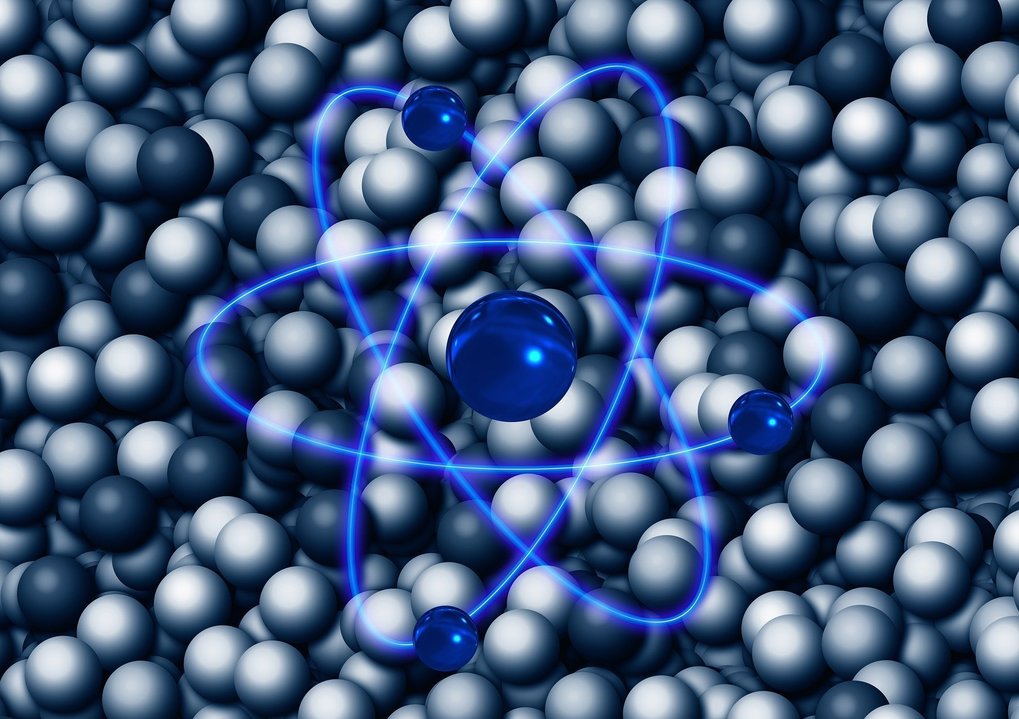
Prof. Hossein Sadeghpour (Director of ITAMP at Harvard/CFA)Rydberg physics is in vogue these days.
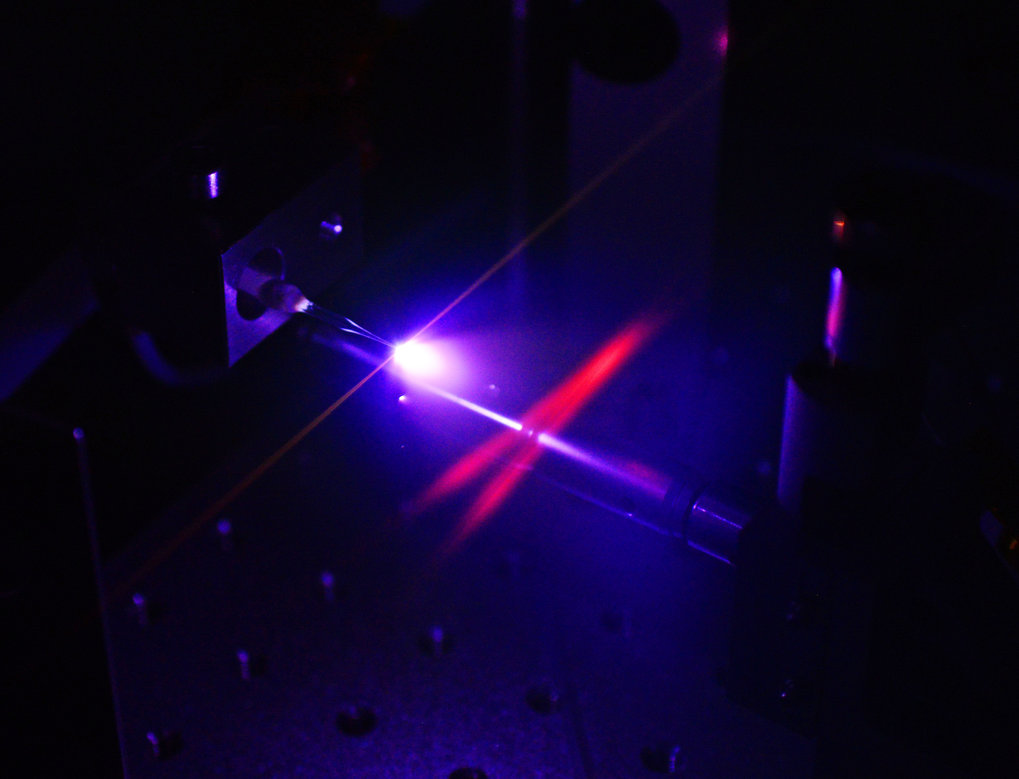
Physicists at the Max Planck Institute for Quantum Optics (MPQ) and Ludwig-Maximilian University in Munich (LMU) have used ultrashort laser pulses to probe the dynamics of photoelectron emission in tungsten crystals.
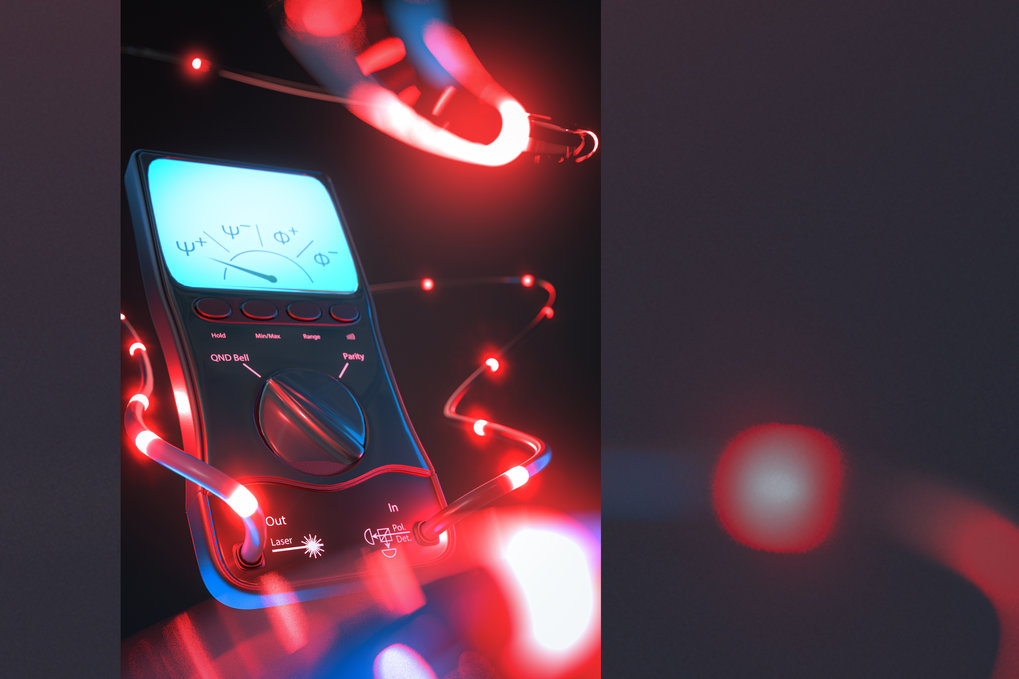
Entanglement is one of the most important properties of quantum particles and a core resource of many emerging quantum technologies. However, its leverage as a resource is limited as entanglement is a fragile phenomenon that […]
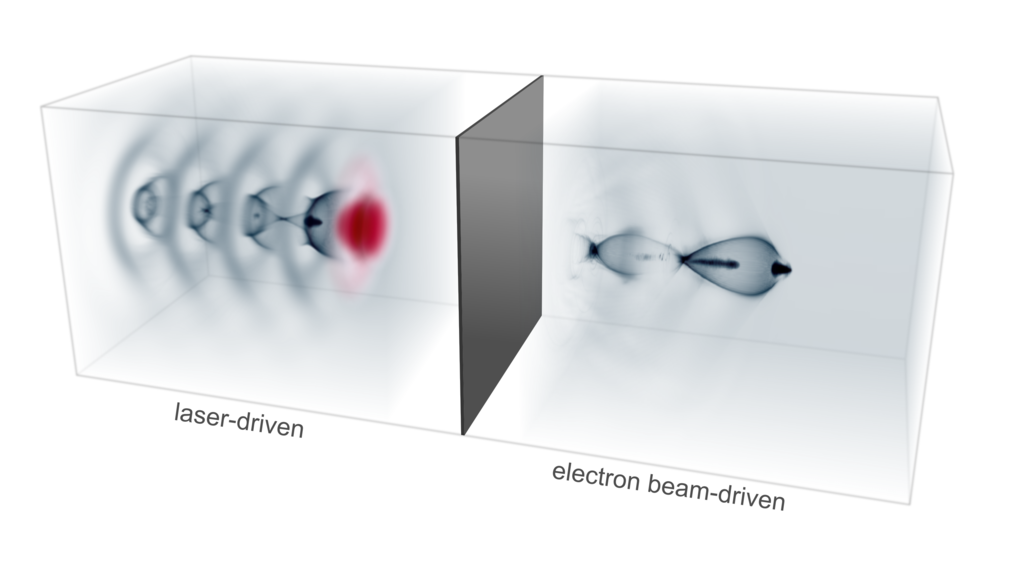
In collaborative international effort, laser physicists at LMU have built the first hybrid plasma accelerator
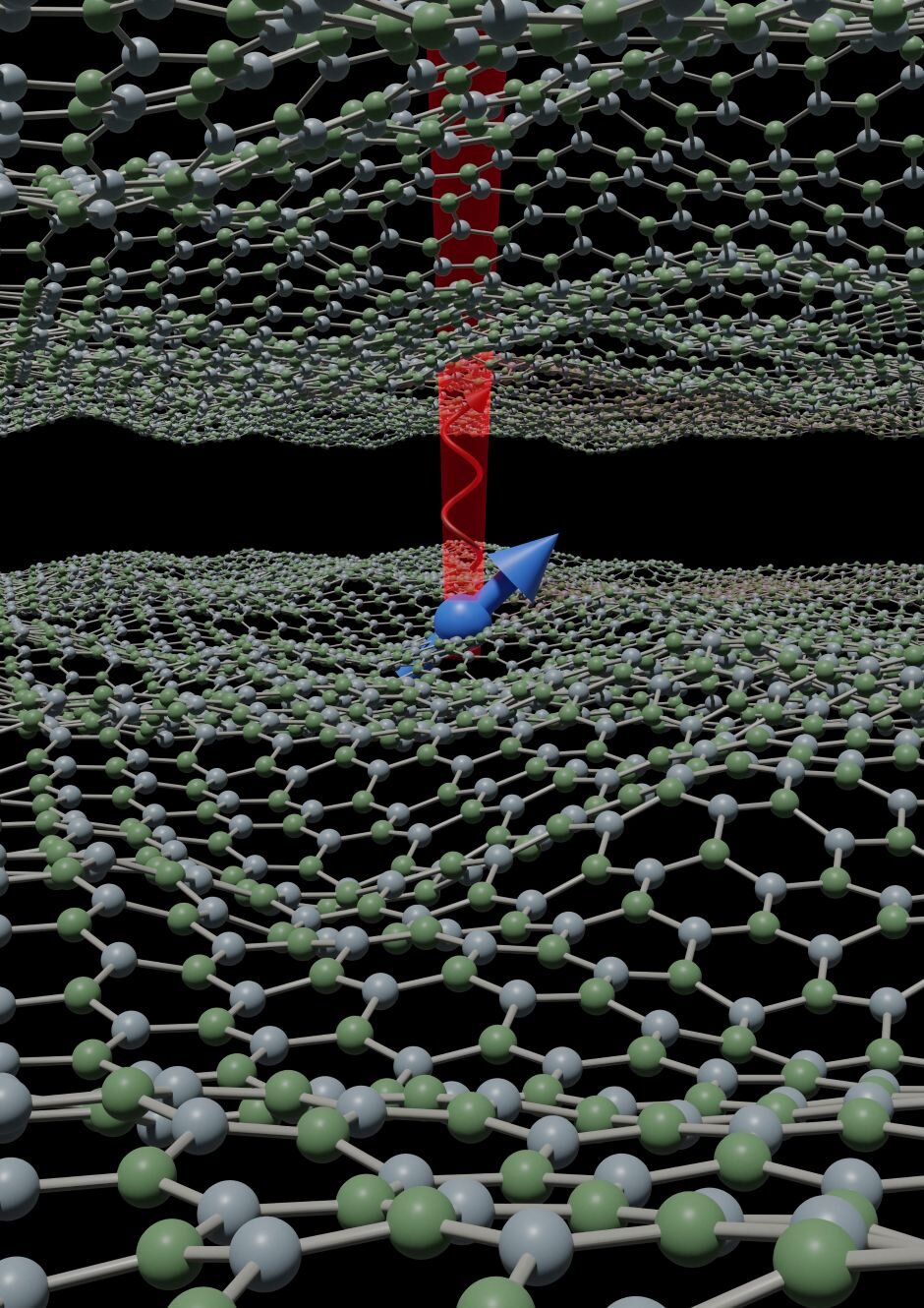
Researchers at the University of Stuttgart were able to detect qubits in two-dimensional materials for the first time. Quantum computers or quantum sensors consist of materials that are completely different to their classical predecessors. These […]
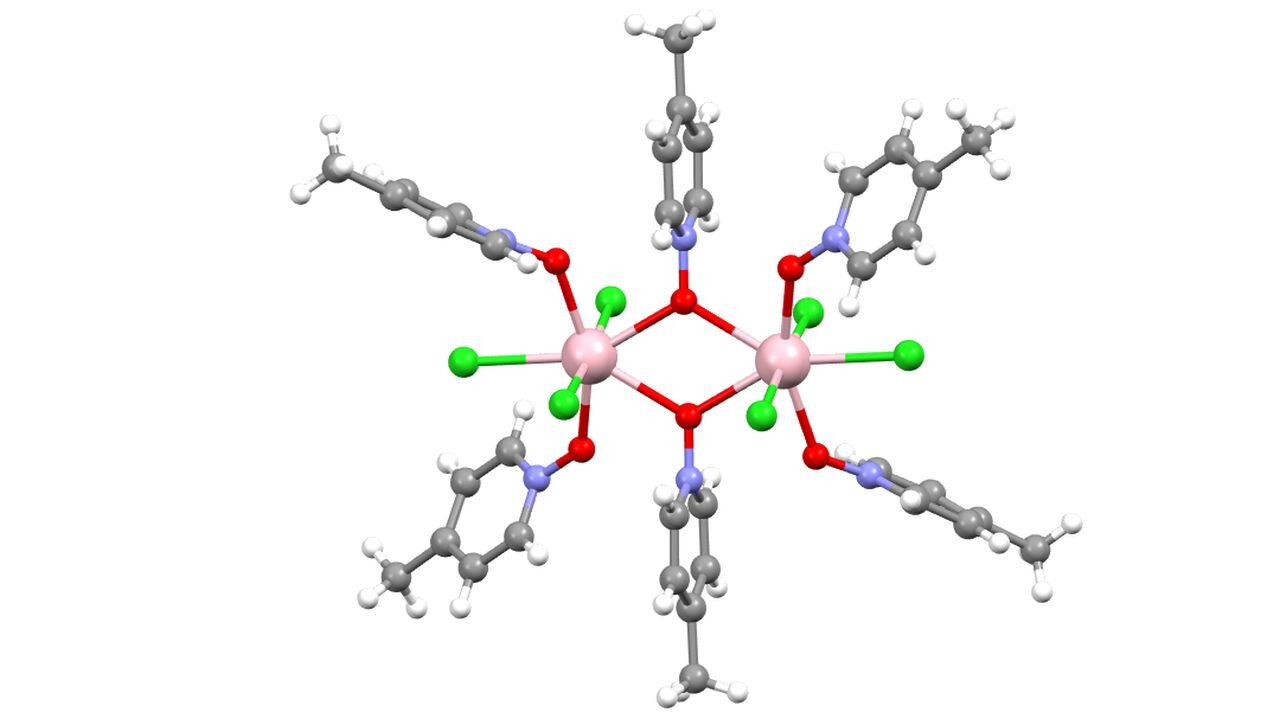
Researchers at Karlsruhe Institute of Technology (KIT) and Chimie ParisTech/CNRS have now significantly advanced the development of molecule-based materials suitable for use as light-addressable fundamental quantum units. They have demonstrated for the first time the […]

The first IBM Quantum System One installed in Europe is now available to companies and research organizations that wish to develop and test applied quantum algorithms and gather expertise. In a joint project with IBM, […]

BMW teamed up with Entropica Labs, a Singapore-based quantum computing startup, and Honeywell Quantum Solutions for finding out if Quantum Computing had the potential to optimize and speed up supply chain management. (Forbes) Read more.
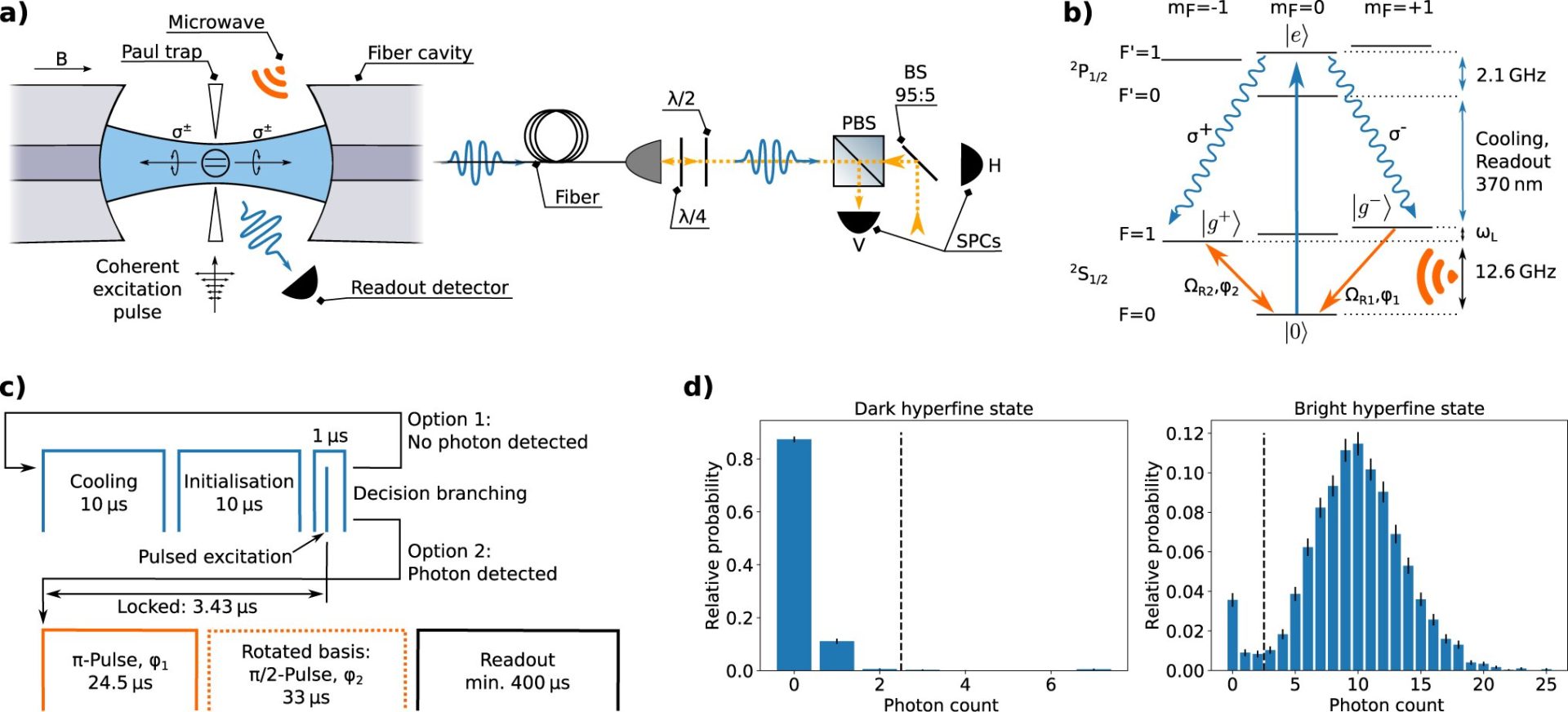
Scientists at the University of Bonn have been able for the first time to demonstrate quantum entanglement between a stationary qubit, i.e. a two-state quantum system, and a photon with direct coupling to an optical […]
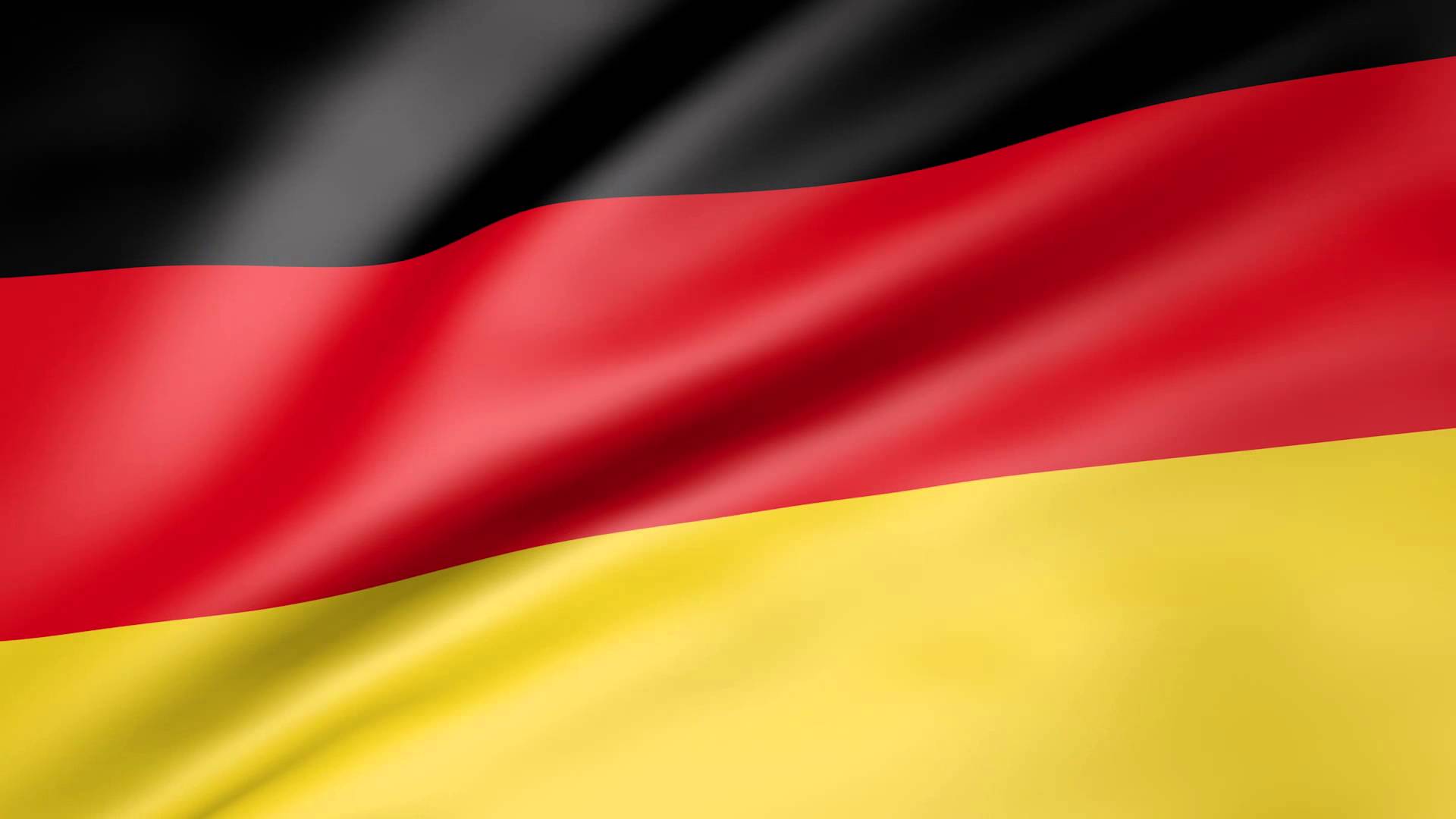
An alliance between Forschungszentrum Jülich and the semiconductor manufacturer Infineon, together with institutes of the Fraunhofer-Gesellschaft (IAF, IPMS) as well as the Leibniz Association (IHP, IKZ), the universities of Regensburg and Konstanz and the quantum start-up HQS aims to build a semiconductor quantum processor made in Germany that is based on the “shuttling” of electrons and is to be achieved with technology available in Germany.
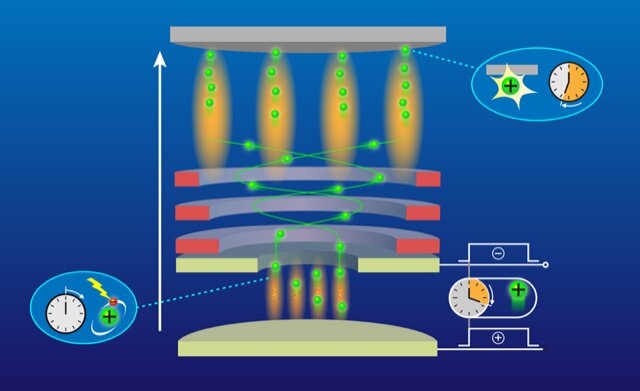
A team of researchers at Universität Stuttgart, Germany, has developed an ion-optics-based quantum microscope that is capable of creating images of individual atoms.
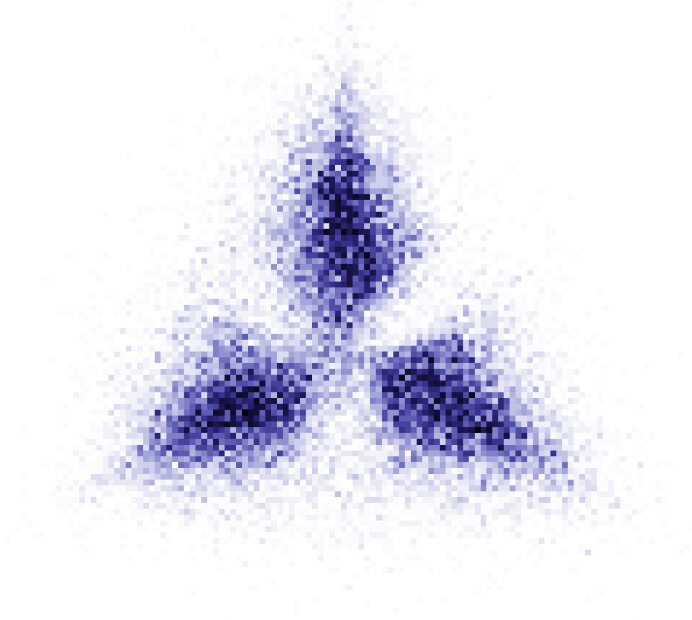
Researchers at Heidelberg University‘s Physics Institute have recently observed the Pauli principle directly in a continuous system comprised of up to six particles. Their experiment could pave the way towards a better understanding of strongly interacting systems comprised of fermions.
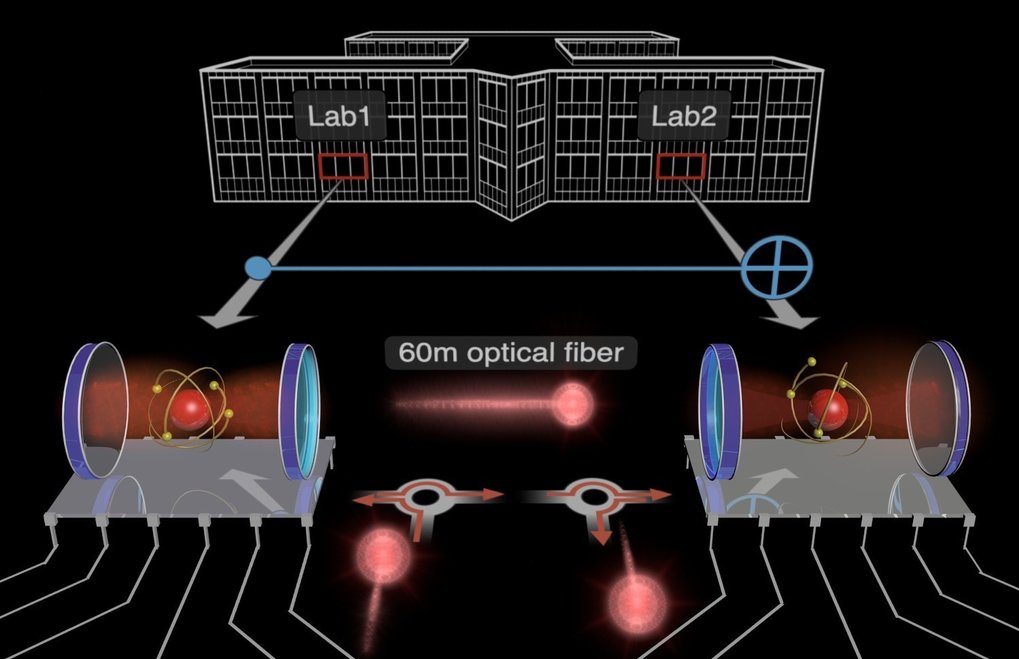
Today’s quantum computers contain up to several dozen memory and processing units, the so-called qubits. Researchers from MPQ have successfully interconnected two such qubits located in different labs to a distributed quantum computer. Their system […]
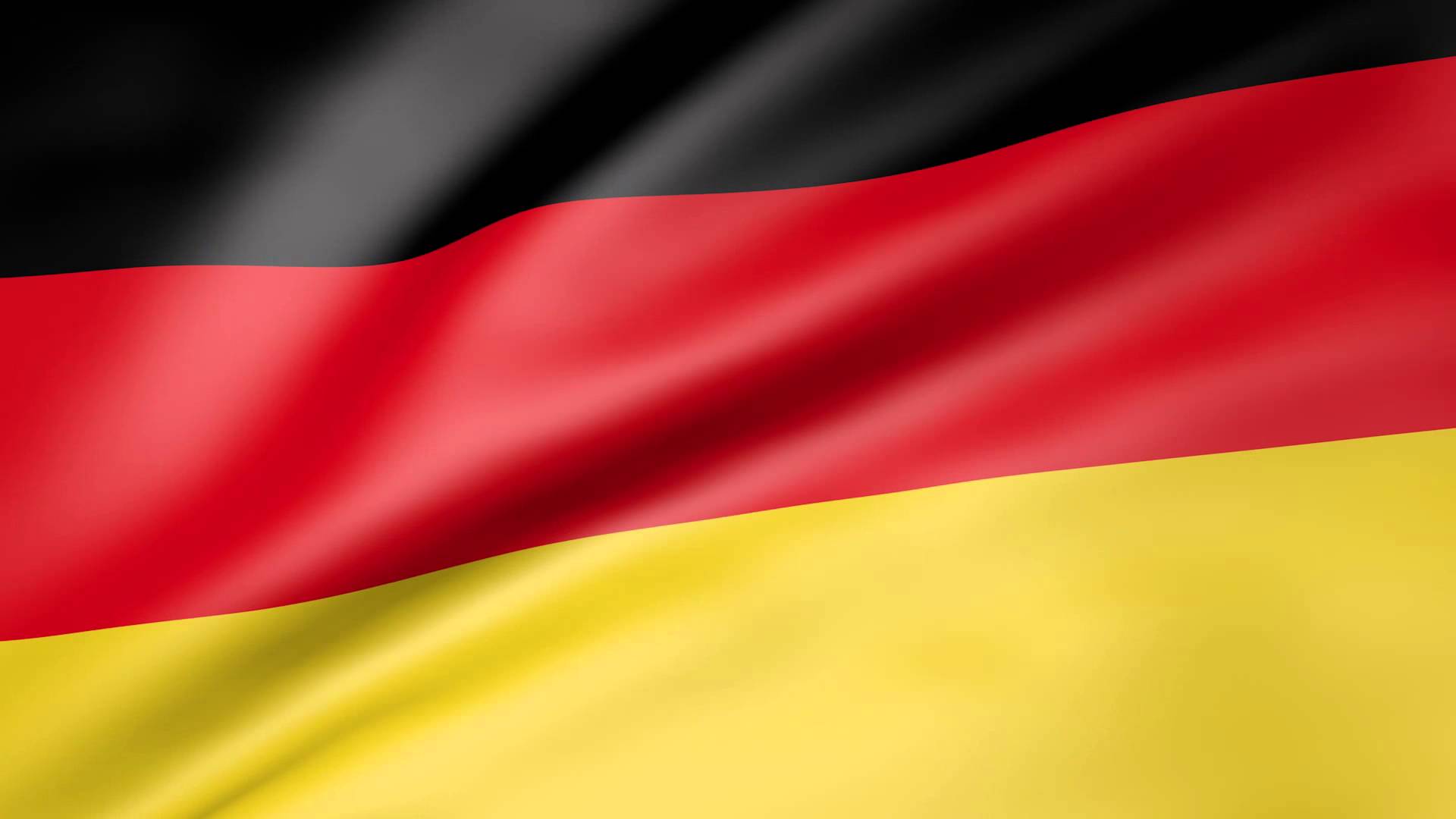
QSens: Stuttgart-Ulm German cluster for Quantum Sensors
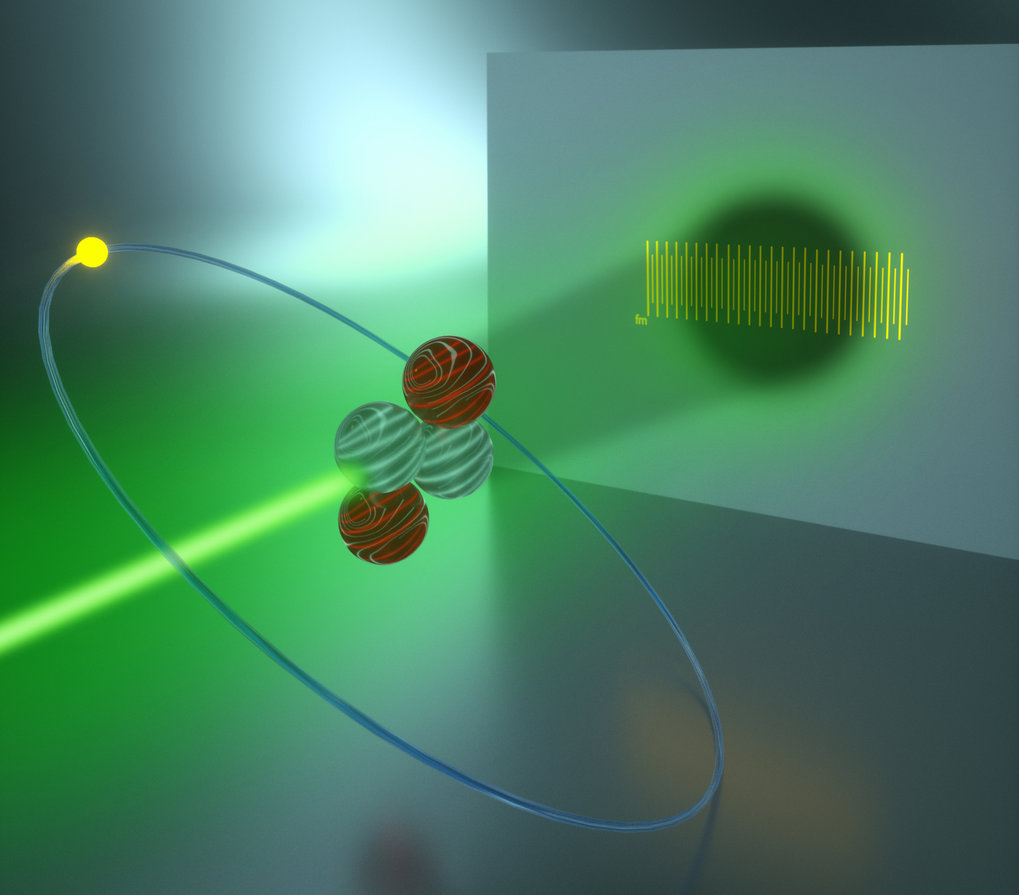
The size of the alpha particle, the nucleus of the helium atom, has been measured more accurately than ever before. Results now indicate a size 1.67824(83) femtometers, which is 4.8 times more precise than previous […]
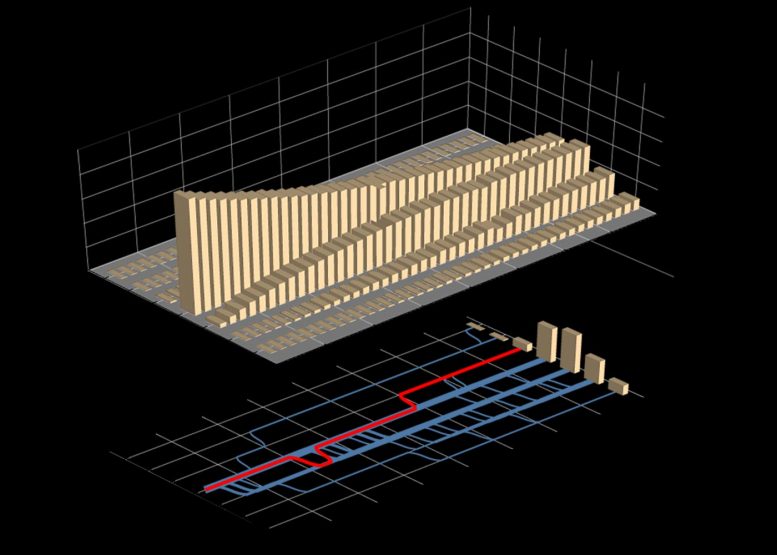
Scientists have collaborated to develop a statistical testing methodology of the physical origin and the metrological aspects of the fundamental electron uncertainty.
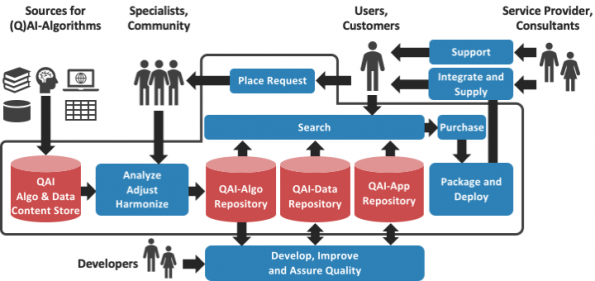
German Federal Ministry of the Economy has funded the €19m PlanQK project (Platform and Ecosystem for Quantum-Assisted Artificial Intelligence) in Quantum AI.
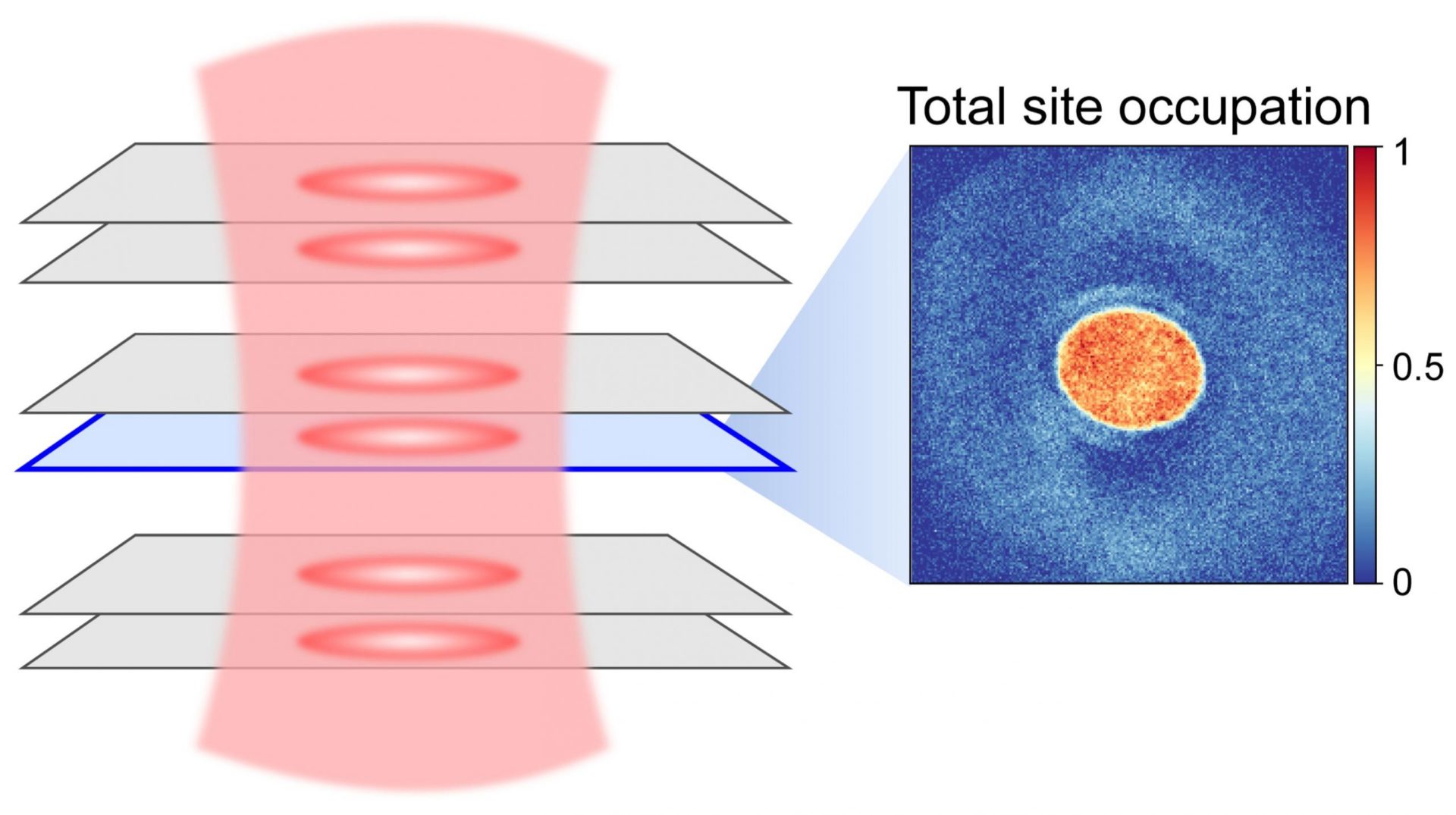
Researchers at the University of Bonn have used ultracold atoms to gain new insights into previously unknown quantum phenomena. They found out that the magnetic orders between two coupled thin films of atoms compete with each other.
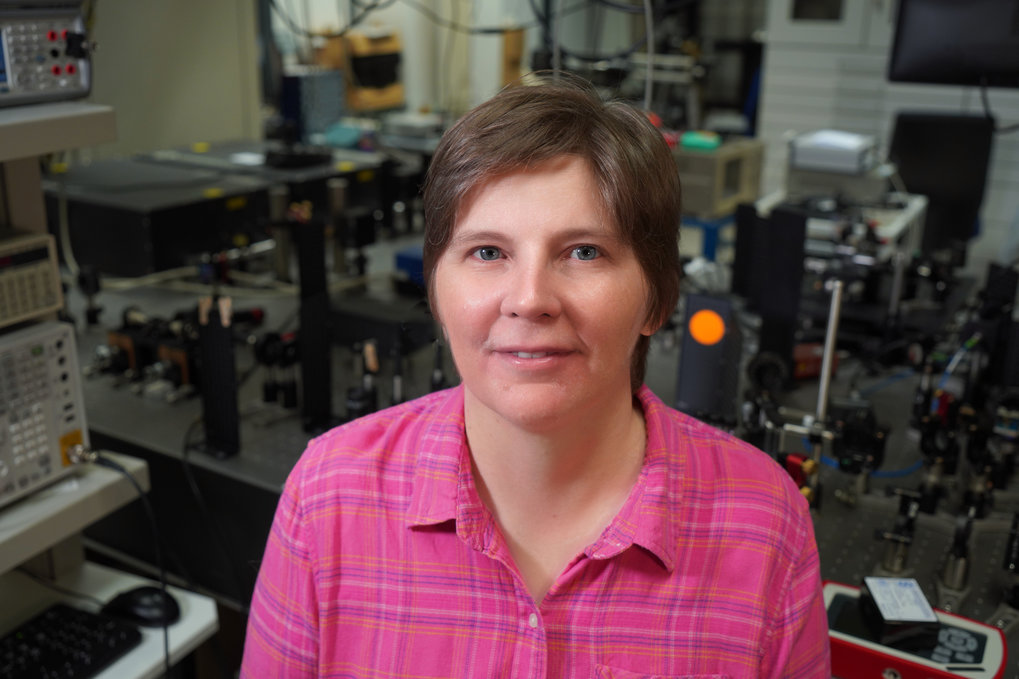
The DPG awards Nathalie Picqué with the 2021 Gentner-Kastler Prize for outstanding contributions to high-resolution broad-field molecular spectroscopy with frequency combs.
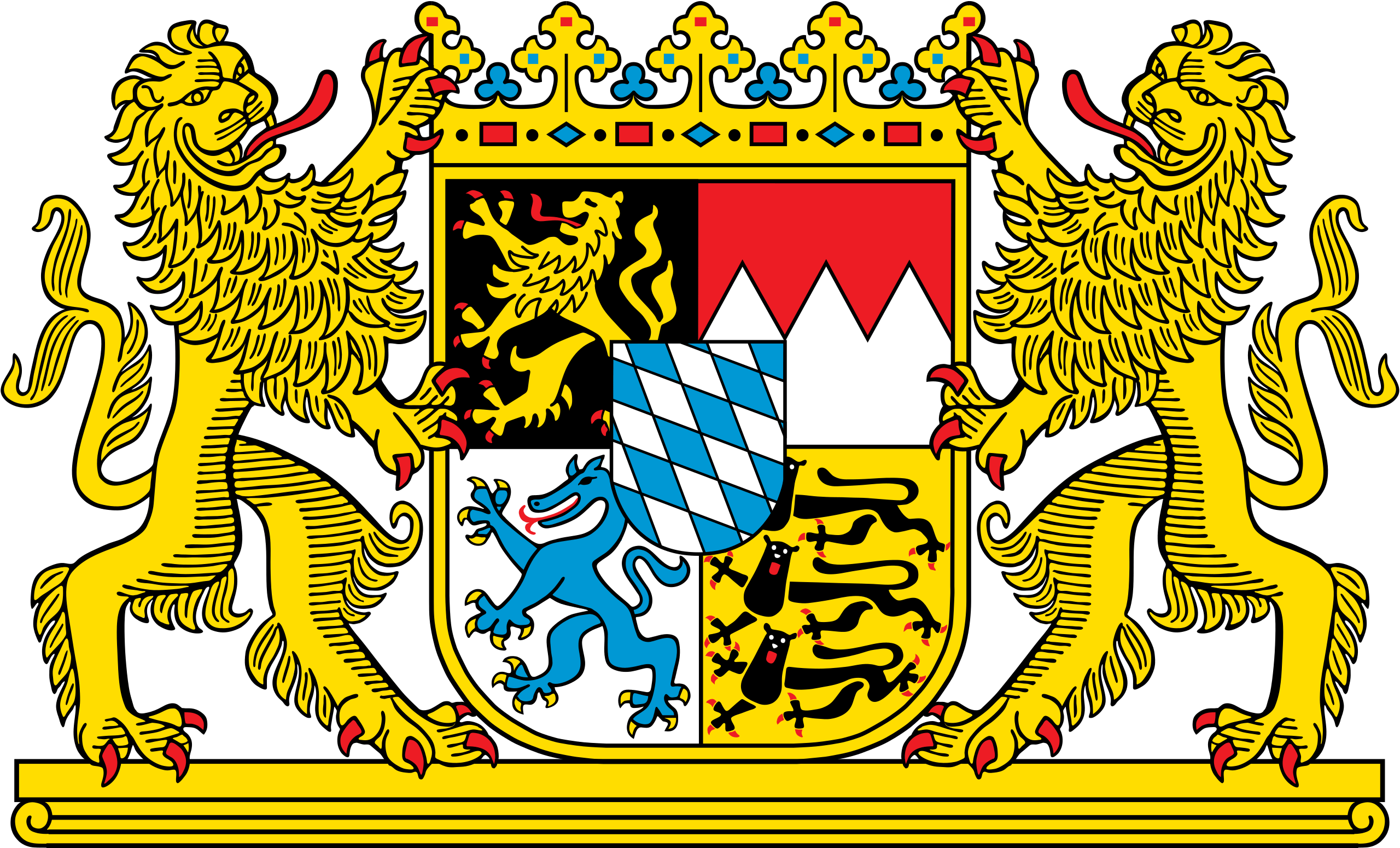
German Bavaria State has just announced the launch of the Munich Quantum Valley.
